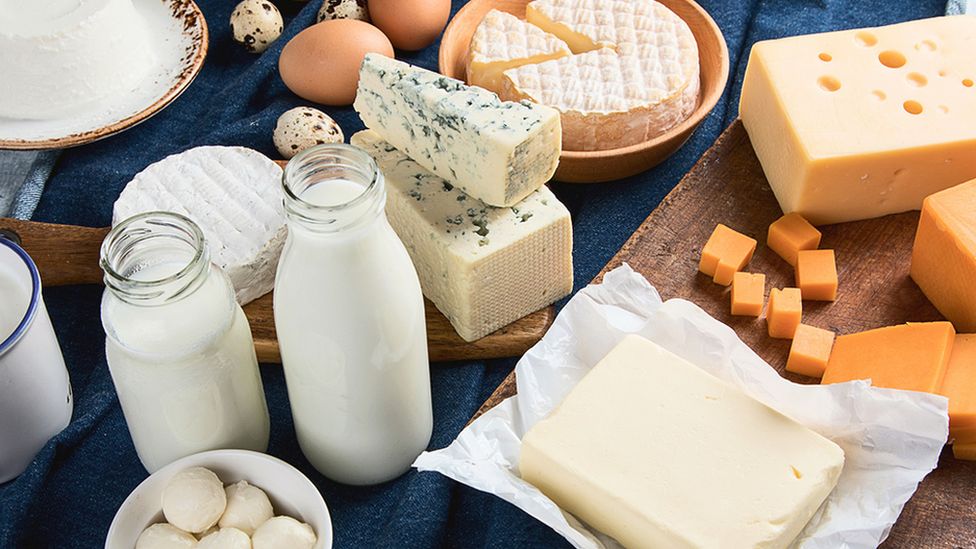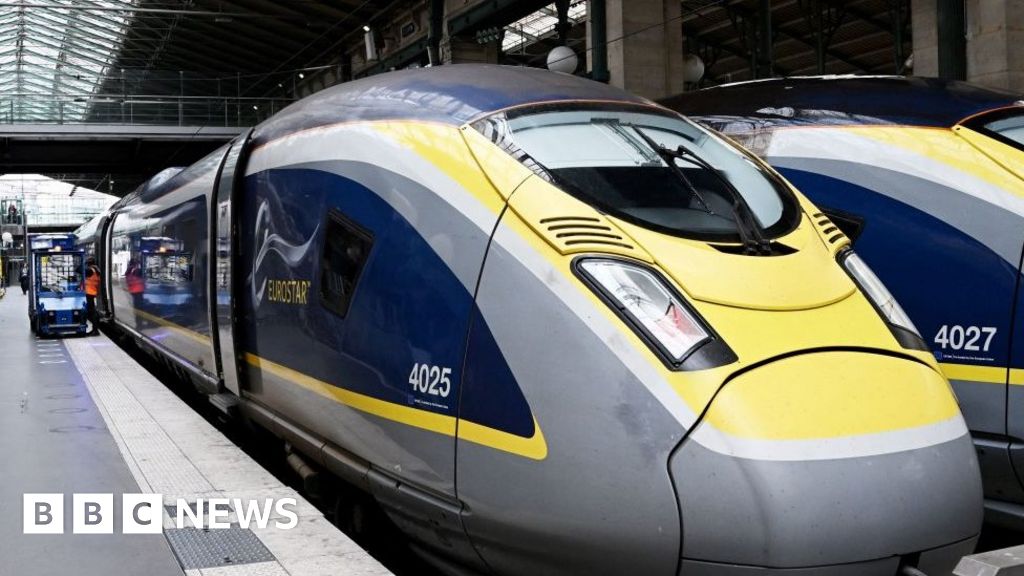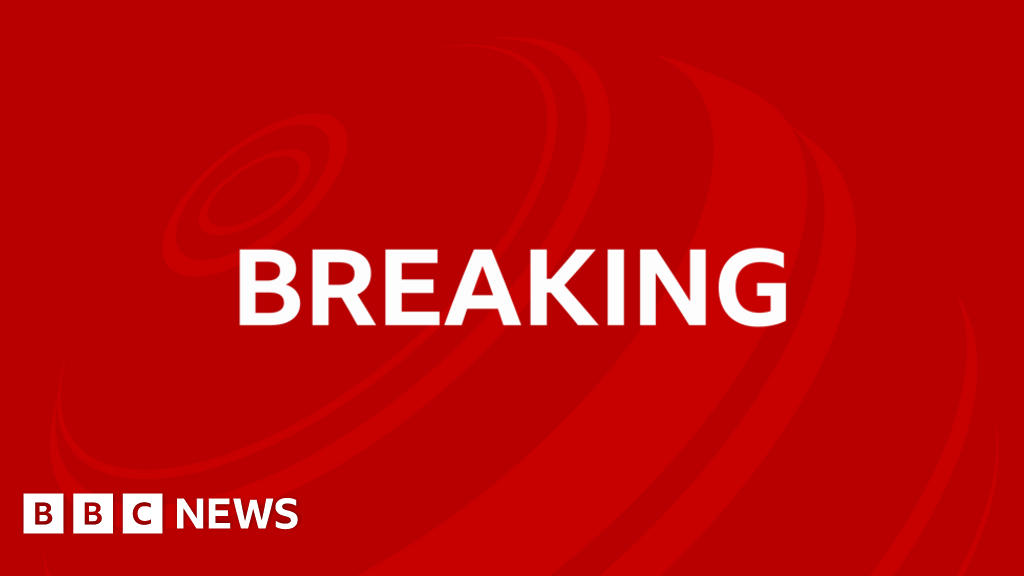 Image source, Getty Images
Image source, Getty Images
By Noor Nanji
Business reporter, BBC News
Slowing food prices helped drive a surprise fall in inflation in August, with the cost of living now at its lowest level in a year and a half.
Inflation, which measures how prices change over time, fell to 6.7% in the year to August, down from 6.8% in July, official figures show.
It is the third month in a row that the figure has dropped.
Price rises for milk, cheese and eggs slowed the most, while fish and vegetable prices also eased.
There was also a drop in hotel and air fare costs, although fuel prices jumped.
When the rate of inflation falls, it does not mean prices are coming down, but that they are rising less quickly.
August's figure was a surprise as many economists had expected the figure to increase due to rising fuel prices.
Chancellor Jeremy Hunt said the news showed "the plan to deal with inflation is working".
"But it is still too high which is why it is all the more important to stick to our plan to halve it so we can ease the pressure on families and businesses. It is also the only path to sustainably higher growth."
Food prices went up around the world following Russia's invasion of Ukraine, which was one of the factors pushing up prices at supermarket tills.
The war disrupted supplies from the two countries, which are major exporters of goods such as sunflower oil, wheat, and fertiliser.
But the rate of food inflation, while still very high and in double digits, has been slowing in recent months.
Price rises for food and non-alcoholic drinks eased to 13.6% in the year to August, down from 14.9% in July, according to the Office for National Statistics (ONS).
Grant Fitzner, chief economist at the ONS, said it remained "a mixed picture", with the price of some items such as bread and cereals still going up, while others are falling.
"So in the latest month we've seen falls in fish, in oils and fats and in vegetables," he told BBC Radio 4's Today programme.
"Food manufacturers are paying less for food than a year ago," he added, and this is "starting to pass through to consumers."
Nick Collins says customers are still spending despite high prices.
The drop is potentially good news for consumers who have seen shopping and restaurant bills soar.
Nick Collins runs Lounges PLC, which owns cafes, bars, restaurants and roadside diners. He told the BBC that rising food costs had forced him to put up prices by 8% across the business over the last year.
"In normal years, we'd increase our prices by around 1.5% or 2%," he said.
However, Mr Collins said he had seen "absolutely no shift in customer behaviour" and people were not "tightening their belts".
"It they were you'd see fewer people out at the start of the week. You'd see less spending as you approach payday... We haven't seen any of that."
Additional reporting by Priya Patel.

 Movie
Movie 7 months ago
163
7 months ago
163 






![Presidents Day Weekend Car Sales [2021 Edition] Presidents Day Weekend Car Sales [2021 Edition]](https://www.findthebestcarprice.com/wp-content/uploads/Presidents-Day-Weekend-car-sales.jpg)



 English (United States)
English (United States)